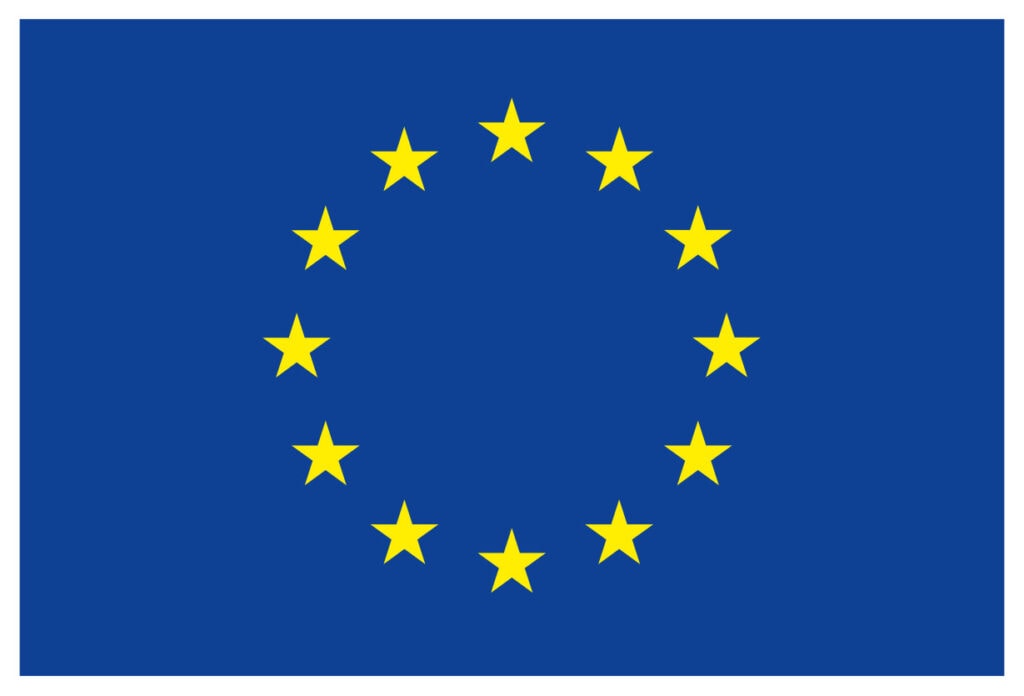Researchers have determined that many of the same brain structures are involved in both remembering and forecasting. They looked at activity in the brain’s default network, which includes the hippocampus as well as regions that involve processing personal information, spatial navigation, and sensory information. They found that activity in many of these regions was almost completely overlapping when people remembered and imagined future events.
In our western culture, the life script is something like: go to school, move out of your parents’ place, get one or more college degrees, find a job, fall in love, get married, buy a house, have kids, retire, have grandchildren, die. However, these milestones of life are not available for disadvantaged children, because there are no such life scripts in their environment that they could learn from and imitate. Therefore, when picturing their future life, these children revert back to the failures of their parents and grandparents, re-enacting their wrong decisions (e.g. early pregnancy, dropping out of school). Research also shows that by simply talking about ideas and plans, the brain creates so-called “future memories”. These can be further strengthened by interactive drama games thus providing disadvantaged children with a pool of future memories and the possibility of imagining a different way of life.
This project has received funding from the European Union’s Horizon 2020 Research and innovation programme under grant agreement No 824630.

